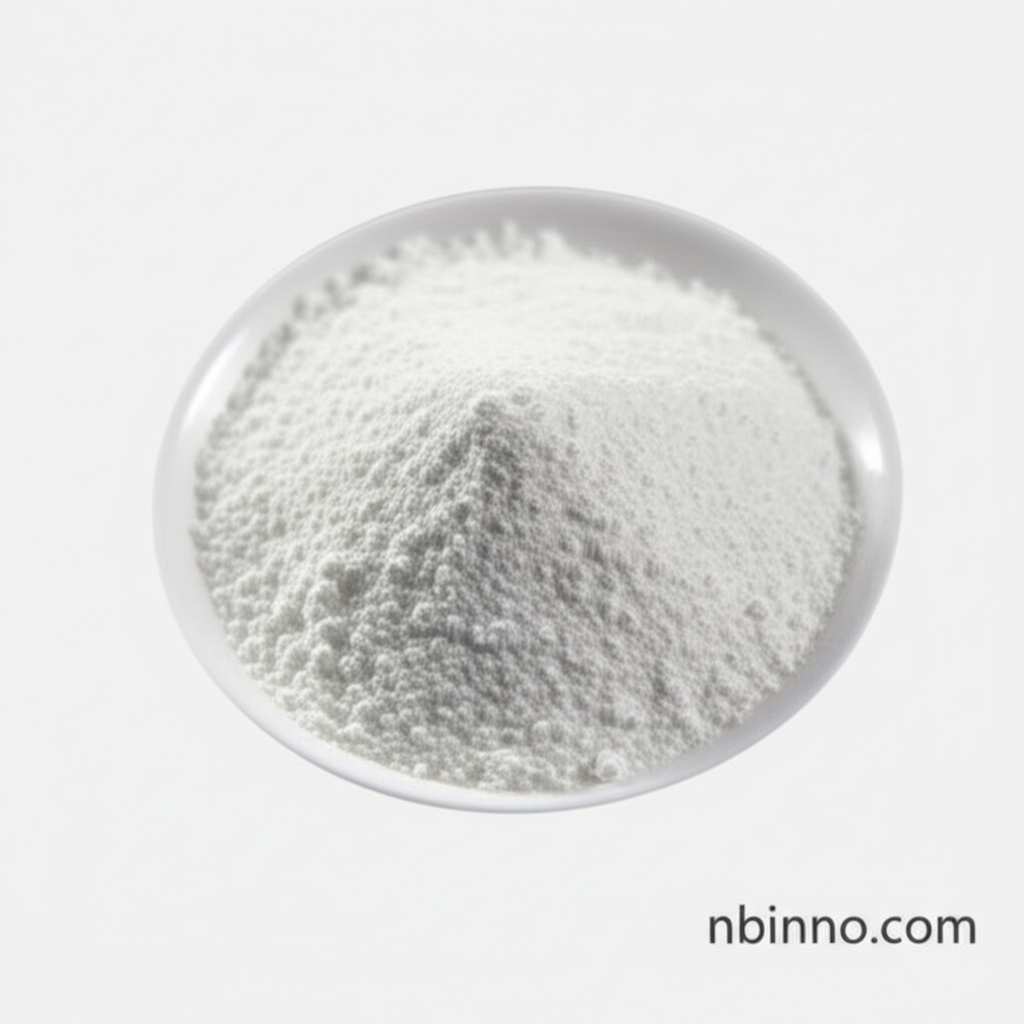The Essential Role of Pharmaceutical Grade Polyvinylpyrrolidone (PVP K15/K30)
Discover the versatile applications and benefits of PVP K15/K30 in pharmaceuticals and beyond.
Get a Quote & SampleProduct Core Value

Polyvinylpyrrolidone
Polyvinylpyrrolidone (PVP) is a water-soluble polymer known for its exceptional film-forming, binding, and stabilizing capabilities. Its inert nature and compatibility with various substances make it an indispensable component in numerous industries, particularly in pharmaceutical and cosmetic formulations.
- Enhancing Drug Solubility with PVP: Utilize PVP K30 to significantly improve the solubility and bioavailability of challenging active pharmaceutical ingredients.
- Binder and Stabilizer for Tablets: Leverage the excellent tablet binding capacity of PVP K15 for creating robust and non-friable tablets through various manufacturing methods.
- Cosmetic Applications of Polyvinylpyrrolidone: Discover how PVP K30 acts as a humectant and film-former in skincare and haircare products, providing conditioning and a smooth texture.
- Versatile Chemical Excipient: Explore the broad spectrum of uses for this water-soluble polymer as a key excipient in drug delivery systems, from oral solids to topical applications.
Key Advantages
Superior Binding Properties
The high adhesive nature of Polyvinylpyrrolidone makes it an excellent tablet binder, ensuring the integrity of solid dosage forms and contributing to efficient tablet manufacturing.
Enhanced Solubility and Bioavailability
Leveraging PVP K30, manufacturers can significantly boost the solubility of active pharmaceutical ingredients, thereby increasing their bioavailability and therapeutic efficacy.
Versatile Cosmetic Ingredient
In personal care products, Polyvinylpyrrolidone functions as a conditioning agent, hair fixative, and stabilizer, improving product texture and performance.
Key Applications
Pharmaceutical Formulations
PVP K15 and K30 are critical excipients in tablet binding, granulation, and as stabilizers for liquid formulations, improving drug delivery and shelf-life.
Cosmetics and Personal Care
Used in hair sprays, gels, creams, and lotions for its film-forming, moisturizing, and viscosity-regulating properties.
Medical Devices and Tissue Engineering
Its biocompatibility and ability to form hydrogels make it suitable for contact lenses, coatings, and other biomedical applications.
Industrial Processes
Functions as a dispersant, emulsifier, and stabilizer in various chemical applications, including inks and coatings.
